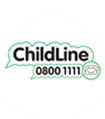A level English Literature Years 12 & 13
Specification
Edexcel - The specification and assessment structure can be found at the link: https://qualifications.pearson.com/en/qualifications/edexcel-a-levels/english-literature-2015.coursematerials.html
Literature that has survived the test of time has done so because it is still relevant to us today. It is about LIFE and it is about YOU. And the great thing about studying English Literature is that it embraces so many other areas in which you might be interested – history, philosophy, art and psychology being just a few.
Unit 1: Drama (Tragedy)
- Exam: 2 hours and 15 minutes
- Open book
- 30% of A-level
Texts:
- Hamlet by William Shakespeare
- A Streetcar Named Desire by Tennessee Williams
Unit 2: Prose (Science and Society)
- Exam: 1 hour and 15 minutes
- Open book
- 20% of A-level
Texts
- Frankenstein by Mary Shelley
- The Handmaid’s Tale by Margaret Atwood
Unit 3: Poetry
- Exam:
- 2 hours and 15 minutes
- Open book
- 30% of A-level
Texts
- Unseen poem</li>
- Collection of post-2000 poetry
- Collection of poetry from the Romantic period (Wordsworth, Blake, Keats, Shelley, Byron)
Unit 4: Coursework
- 1 coursework essay comparing 2 texts
- 2,500-3,000 words
- 20% of A-level
Texts
- Students may choose their own texts (poetry, prose, drama or literary non-fiction)
How is the course delivered?
For each unit you will be provided with background and underpinning knowledge. However, you will increasingly be expected to work independently and seek out additional research.
You will have opportunities to learn through small group discussion, seminar, teacher led note-making and annotation of hand-outs, independent reading, personal research and presentations. This will be supported by reference to relevant TV and DVDs as well as live productions and 'cultural visits'. Your personal enjoyment and success will of course be increased by reading a range of other texts and critical works.
What qualities and qualifications do I need to study English Literature?
Under normal circumstances you will have passed GCSE English and English Literature at Grade 6 or better. You are likely to enjoy the course if you:
- Love reading
- Love analysing and critiquing a text
- Feel that “words” are your thing
- Enjoy completing coursework and undertaking a degree of personal research.
- Enjoy learning about how context shapes writing
- Want to develop presenting an argument or evidencing a line of thought
- Enjoy self-expression
- Fancy weighing up alternative ideas, opinions and viewpoints
- Want to put yourself in someone else’s shoes
- Want to study a subject rich in variety
- Enjoy debating
Studying this subject will provide you with the opportunity to read a wide range of texts from different genres, cultures and historical periods. You will be able to pursue personal interests linked to the texts, to explore different interpretations and to further develop your analytical skills. If you pursue the course rigorously and energetically your qualifications will provide you with the 'transferable skills' much prized by universities and employers.
What will English Literature lead to?
Virtually whatever you want! A solid/good result in English Literature will secure you an acknowledged qualification. It confirms your grasp of a wide range of transferable skills - your ability to communicate effectively, to construct logical and well substantiated arguments, to be objective, and to respond appropriately to the written word. All these skills are valuable in themselves, but are also much prized by universities and employers.
English Literature can be studied as an honours degree, a joint honours degree or as part of a 'general arts' degree all of which provide an excellent basis for success in most professions/occupations. The A Level provides a firm foundation for the study of arts, humanities and social sciences at college or university (e.g. law, languages, history, philosophy, psychology, journalism, media studies).
Year 12
| Topic | Further details about the topic | Skills | |
|---|---|---|---|
| Autumn Term | |||
| 1 | Paper 3 | Post-2000 Specified Poetry and Unseen Poetry |
Responding to poetry |
| 2 |
Paper 2 |
‘Frankenstein’ by Mary Shelley ‘The Handmaid’s Tale’ by Margaret Atwood |
Responding to prose text |
| Spring Term | |||
| 1 | Paper 1 and 3 |
‘Frankenstein’ by Mary Shelley ‘The Handmaid’s Tale’ by Margaret Atwood |
Comparing prose texts |
| 2 | Paper 1 and Paper 3 |
Romantic poetry ‘A Streetcar Named Desire’ by Tennessee Williams |
Responding to Poetry Responding to drama |
| Summer Term | |||
| 1 | Paper 1 and Paper 3 |
Romantic poetry ‘A Streetcar Named Desire’ by Tennessee Williams |
Responding to Poetry Responding to drama |
| 2 |
Non-Examined Assessment |
Satellite Coursework Texts |
Responding to literary texts |
Year 13
| Topic | Further details about the topic | Skills | |
|---|---|---|---|
| Autumn Term | |||
| 1 |
Paper 1 |
Hamlet |
Responding to drama |
| 2 |
Paper 3 |
Romantic Poetry |
Responding to poetry |
| Spring Term | |||
| 1 |
Paper 1 |
Hamlet |
Responding to drama |
| 2 |
All papers |
Revision | Responding to poetry, novels and drama. |
| Summer Term | |||
| 1 | All papers |
Revision |
Responding to poetry, novels and drama. |
Assessments
| Resources | Topic | Type of assessment |
|---|---|---|
| CAT 1 | Post-2000 Specified Poetry and Unseen Poetry | Essay |
| CAT 2 |
‘Frankenstein’ by Mary Shelley ‘The Handmaid’s Tale’ by Margaret Atwood |
Essay |
| CAT 3 | Essays on all texts |
End of year Mock Exam |
| CAT 4 | Test on holiday reading | Written assessment |
| CAT 5 | Coursework |
Written assessment |
| CAT 6 | Final Examination | Mock Examination |
Main Resources
| Resource | Details | Term |
|---|---|---|
| Set texts |
Poems of the Decade ISBN-13: 978-0571325405 Frankenstein by Mary Shelley Must be the Penguin Classics edition ISBN-13: 978-0141439471 The Handmaid’s Tale by Margaret Atwood Must be the Vintage Classics edition ISBN-13: 978-1784873189 English Romantic Verse (ed. David Wright) ISBN-13: 978-0140421026 A Streetcar Named Desire by Tennessee Williams Must be the Methuen Drama edition ISBN-13: 978-1408106044 Hamlet by William Shakespeare (this will only be taught in Year 13) Must be the Heinemann Advanced edition ISBN-10: 0435193104 |
1
1
1
4
4
6 |
| Recommended reading |
There is a wealth of critical essays and guides to the texts on the internet. Please see induction materials and links on the FROG VLE |
All |
| Recommended Websites |
https://qualifications.pearson.com/en/qualifications/edexcel-a-levels/english-literature-2015.html |
All |
Enrichment opportunities
| Activity | Day and time or term |
|---|---|







